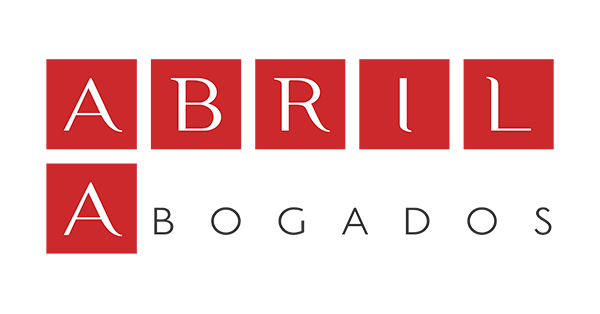 On the 11th July the Royal Decree 611/2023 was published, approving the new Intellectual Property Registry Regulation, which repeals the one approved by the Royal Decree 281/2003.
On the 11th July the Royal Decree 611/2023 was published, approving the new Intellectual Property Registry Regulation, which repeals the one approved by the Royal Decree 281/2003.
In our current Intellectual Property system, the registration of works is merely declarative, since, as indicated in the Intellectual Property Law (LPI), the consideration of authorship is granted by the mere creation of the work. However, it should be borne in mind that the LPI establishes a presumption of authorship in favour of the person so registered in the Registry, although proof to the contrary is admitted.
The regulatory development of the Intellectual Property Registry is imposed by the LPI, and the purpose of this latest modification is to adjust the Registry regulation to the provisions set in the laws on Common Administrative Procedure of the Public Administrations (LPAC) and of the Public Sector Legal Regime (LRJSP).
Thus, one of the main objectives of this new regulation has been to promote the digitalisation of the Registry, in line with other public bodies. Some of the new features that have been implemented for this purpose are:
- The submission of applications to the Registry by electronic means, although the possibility of submitting applications in person is left open to certain subjects, such as individuals.
- It is established that registry entries shall in any case be made in electronic format.
- The possibility of accessing registry entries and files by electronic means.
Another of the novelties included in the new Regulation is the introduction of a definition of the Intellectual Property Registry, categorising it as a public and official body, which is governed by the guiding principles established in the LRJSP.
A noticeable change introduced by the new Regulation is that the option of registering works under pseudonymity or anonymity is abolished. The LPI provides for the possibility of disseminating works under pseudonymity or anonymity. However, given that the Registry is governed by the principle of publicity and seeks to provide reliable information, this new regulation requires that the name and surname of the author be indicated in the application form, together with the work in question. Despite this, they are granted a degree of anonymity, since the consultation of such files will be limited to those who can prove a direct interest.
In the same vein, access to the identifying copy of the works is limited only to those in the public domain and only for research purposes.

